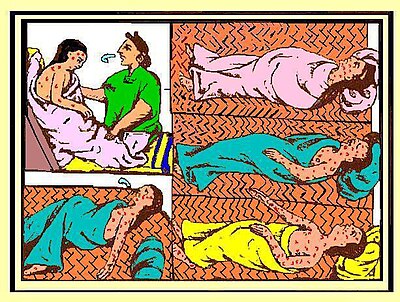Dr. Brianna Leavitt-Alcántara
This course examines the history of health and medicine in Latin America from the pre-Hispanic period to the present. European contact with the Americas, colonialism, and the spread of Old World diseases led to the most deadly epidemics in human history. We will consider how Spanish colonialism and healthcare intertwined in this context, even as indigenous and Afro-Latin American medical knowledge and healing practices endured and shaped community resilience and resistance to colonialism. As both practitioners and patients, we will also examine women in medicine, ongoing controversies and conflicts related to public health campaigns, how yellow fever shaped the wars of Independence and U.S. imperialism, the relationship between scientific racism and twentieth-century medicine, and modern experiments with socialized medicine. Throughout the course, we will explore diverse and competing conceptions of the human body and healthcare, how race, gender and sexuality, class, and disability have shaped access to and experiences with healthcare, the kinds of ethical considerations involved in medical research and care, and how the long history of medicine in Latin America helps us to understand better the opportunities and challenges of public health in the 21st century.
This course is Cross-listed with LAS 3193.
Students who wish to earn History credit for his course, must enroll under Hist3193.
